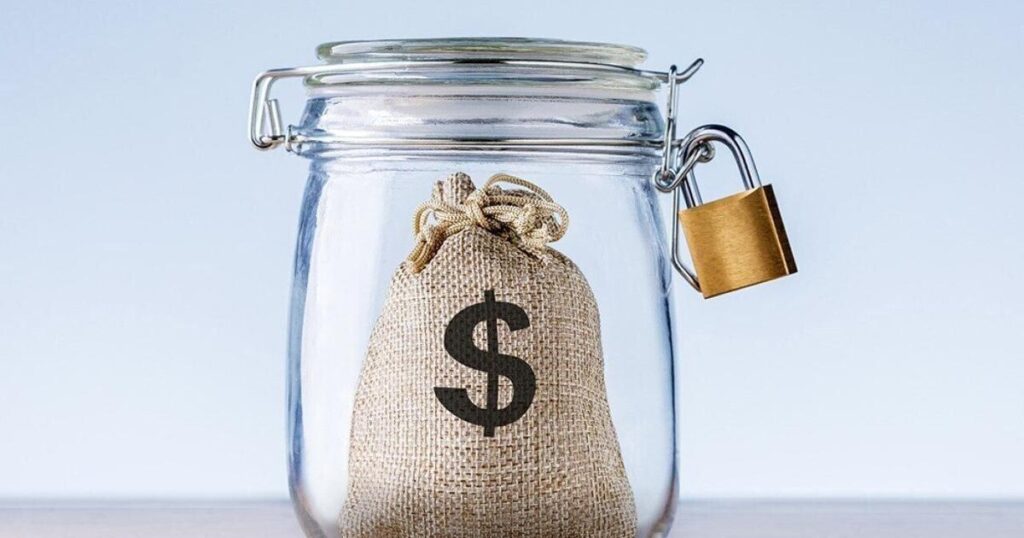To the Rescue: The Importance of Building an Emergency Fund
In times of uncertainty, having a robust emergency fund is not just an option but a necessity. Recent reports highlight the alarming fact that a significant portion of the population lacks the financial cushion to weather unexpected expenses, emphasizing the critical need for proactive financial planning and savings habits.
Christine Benz, a respected personal finance expert at Morningstar and author of “How To Retire,” underlines the significance of maintaining an emergency fund, stating, “Keeping an emergency fund can provide essential peace of mind, ensuring that unforeseen financial challenges do not disrupt your long-term financial goals.” This sentiment is echoed by Marguerita Cheng, CEO of Blue Ocean Global Wealth, who emphasizes the effectiveness of automating savings to build a reliable safety net.
According to a survey conducted by financial information platform Bankrate, a staggering 54% of Americans lack the financial resources to cover three months’ worth of expenses, exposing a concerning vulnerability in many households. Benz reinforces the importance of emergency funds, reiterating how these funds act as a crucial first line of defense, safeguarding financial stability and promoting a sense of security even in the face of economic uncertainties.
The positive impact of having an emergency fund extends beyond financial security. Research from Vanguard reveals that individuals who can set aside a modest sum of at least $2,000 experience a notable 21% improvement in their overall financial well-being, showcasing the tangible benefits of proactive savings strategies.
Regardless of where you choose to allocate your emergency savings, the undeniable importance of this financial buffer cannot be overstated. By establishing a solid financial foundation, you not only fortify your financial resilience but also enhance your ability to navigate unexpected financial challenges, ensuring a more restful sleep amidst the storms of financial uncertainty.


